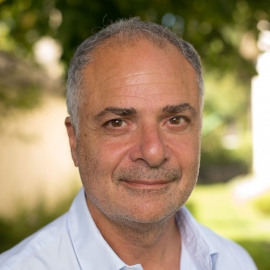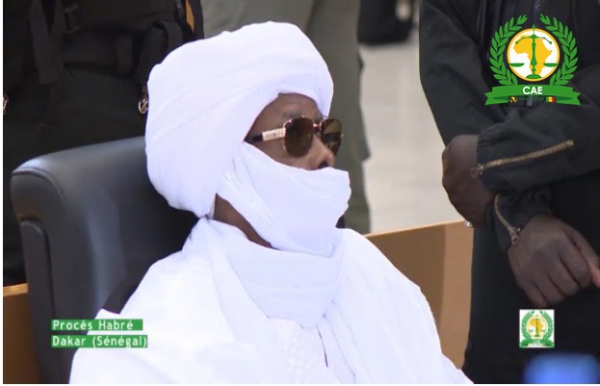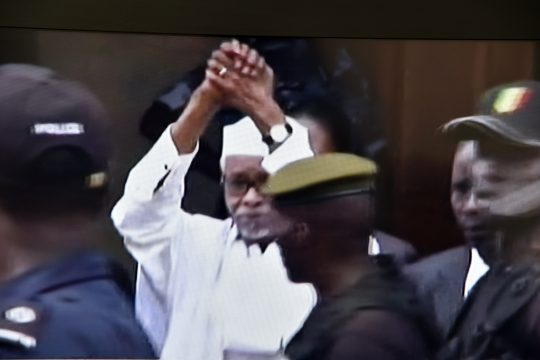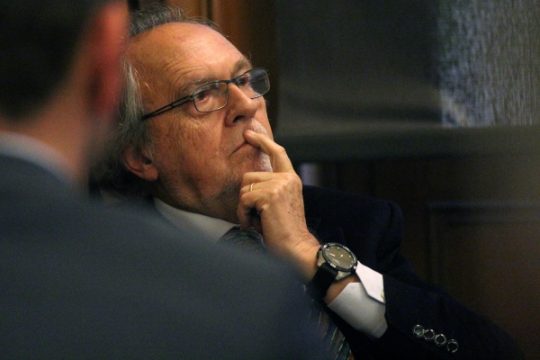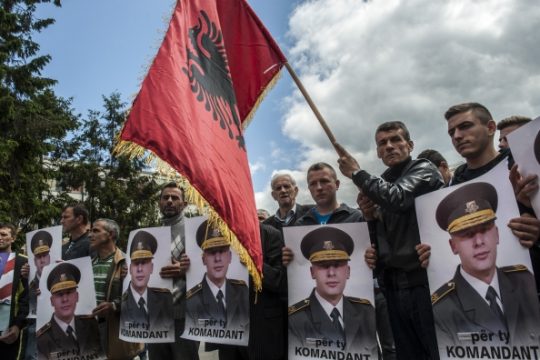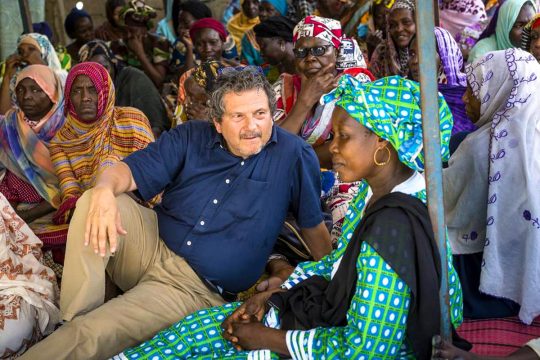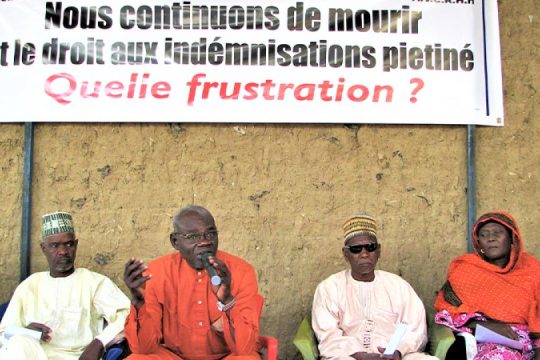The contrast could not be more glaring. Both the African Union and the European Union have created for the first time a regional criminal tribunal to try the perpetrators of war crimes and crimes against humanity. But the result is radically different and the comparison is hardly flattering for Europe.
This Thursday, appeals judges of the Extraordinary African Chambers, sitting in Dakar, confirmed the life sentence against former Chadian dictator Hissène Habré for war crimes and crimes against humanity. In contrast, the Kosovo Specialist Chambers, set up by the European Union, is struggling to get started.
Former Swiss prosecutor Dick Marty, author of an explosive report for the Council of Europe in which he in December 2010 accused certain top leaders of the Kosovo Liberation Army (UCK) of assassinations and illegal human organ trafficking, does not believe in the capacity of international justice to do its work on Kosovo. As judges in Dakar were preparing to convict Hissène Habré, Dick Marty was reminding a public forum at Neuchâtel University (Switzerland) of European Union failures to deal with crimes in Kosovo, where numerous witnesses have been assassinated or are terrorized. “In these conditions, who will be mad enough to testify?” he asked. The facts up to now would tend to justify his doubts, given the obstacles that have faced attempts to pursue the perpetrators of war crimes in Kosovo.
There are two fundamental differences that help explain the success of the African Union court and the obstacles faced by the European Union tribunal on Kosovo. In the first case, the perseverance of Chadian victims, supported by human rights organizations, has succeeded after a quarter of a century (!) in surmounting all the obstacles to get their exiled former dictator tried and convicted. In the second case, international prosecutors are up against sitting authorities, including the current President of Kosovo, who is also suspected of war crimes.
In other words, whereas the Extraordinary African Chambers enjoyed support from much of Chadian society and drew legitimacy from close cooperation of victims, the Kosovo Specialist Chambers do not have any of that and have only moderate cooperation from the European States that created them. The lesson is harsh: without the support of civil society and victims, in whose name justice is rendered, a criminal tribunal, even if it is regional, remains outside the country and remains faced with almost insurmountable obstacles.

